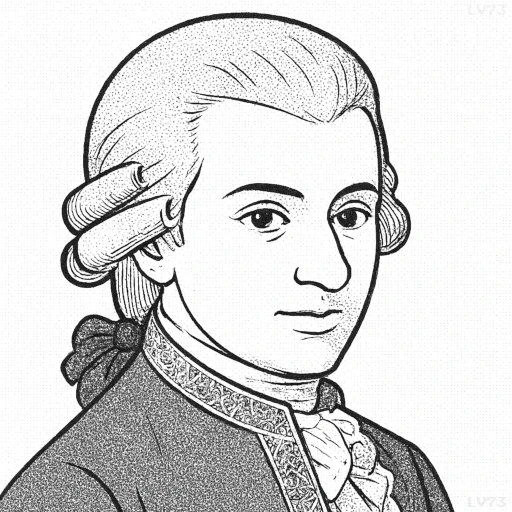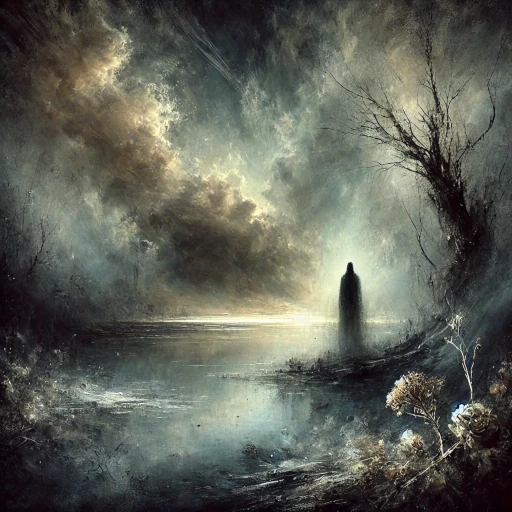“I thank my God for graciously granting me the opportunity of learning that death is the key which unlocks the door to our true happiness.”

- January 27, 1756 – December 5, 1791
- Born in Salzburg (Austria)
- Composer
table of contents
Quote
“I thank my God for graciously granting me the opportunity of learning that death is the key which unlocks the door to our true happiness.”
Explanation
In this profound reflection, Mozart expresses his gratitude for the understanding that death is not an end, but a transition that leads to true happiness. This perspective shows a deep spiritual maturity, as it suggests that Mozart saw death not as something to be feared, but as a necessary passage to something greater. His faith and understanding of the afterlife allowed him to accept death with a sense of peace and spiritual wisdom. This idea can be connected to Christian teachings of eternal life, where death is seen as a means of moving from the sufferings of this world to the eternal joy of heaven, a theme Mozart may have been particularly attuned to given his own religious devotion.
Historically, this quote might reflect the personal trials Mozart faced in his final years, when he was struggling with illness, financial instability, and the pressures of his career. Yet, in the midst of these challenges, his expression of peace about death suggests that he found comfort in his faith and a deeper understanding of life’s meaning. Mozart’s music often expressed profound emotional depth, and this quote suggests that he may have been seeking to reconcile his physical suffering with a higher spiritual understanding of life and death.
In modern times, this sentiment continues to resonate, especially as death remains a topic that many find difficult to contemplate. Yet, this quote offers a reminder that accepting mortality can be a path to inner peace and happiness, as it encourages people to focus on the deeper, spiritual aspects of life rather than fear or deny death. It serves as a reminder that true happiness may be found not in material pursuits, but in spiritual growth and acceptance of life’s transient nature, a perspective that continues to inspire both individuals and communities today.
Would you like to share your impressions or related stories about this quote in the comments section?




